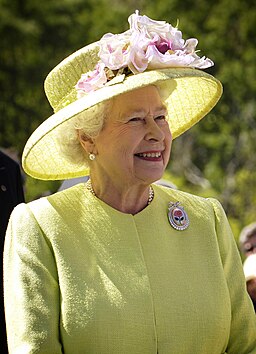There’s something very community-oriented about a teapot. I have a friend who’s considering a teapot tattoo for this very reason. By virtue of its capacity, the teapot suggests the inclusion of more than one person, and by virtue of its contents it promotes communal relaxation, recreation and refreshment.
I decided to have a tea-party this weekend, and I had already issued the invitations when I came to a sudden and somewhat dreadful realization. While being amply supplied with loose-leaf tea (Ceylon; Earl Grey; rooibos with manuka; green with jasmine), I had only one teapot, and that a small one. There was only one possible solution: mount a raid on the second-hand shops. I heroically volunteered.
Too much choice is stressful, so I made the selection process simpler by rejecting out of hand any which were one-cup, cracked, or lacking a built-in strainer. This reduced the pool of possibles to three, which I duly bought.
So, in addition to my original teapot, a wicker-handled blue with Chinese characters, I now have a round little green pot, a larger honey-brown pot, and a 1 1/2 pint silver pot, which is rather reminiscent of a watering can. (Please do not embarrass the management by suggesting the concept of a matching set.)
The problem with the silver pot was that it wasn’t silver. I mean, it was EPNS (electro-plated nickel silver) but in colour it was more like the sheen on a car-park puddle. Not the sort of look that encourages one to drink the contents. I bought it in the hope that it was just tarnished, and behold, my hope was rewarded.
Not being a fan of the reek of silver-polish, I used a handy little trick passed on to me by the Caped Gooseberry’s mother. She has a history of providing handy tips: when I was eight, she demonstrated how to break an assailant’s nose (without assistant assailant) – a great first memory to have of one’s mother-in-law.
The silver-polishing trick requires hot water, tin foil and washing soda – still available at the shops in this day and age! The tin foil lines the sink or bowl; the hot water is added and the washing soda dissolved in it. In goes the tarnished silver and off goes the tarnish. Remove, rinse, dry. Voilà.
According to the back of my washing soda packet, the soda and tin foil react to produce hydrogen, which removes the silver oxide, aka tarnish. That’s the science, anyway. Frankly, I’m not too fussed as long as it works and doesn’t asphyxiate me. Plus there are bubbles and fizzy noises!
What are your household tips and tricks? And do you have any hints for tea-partying?






